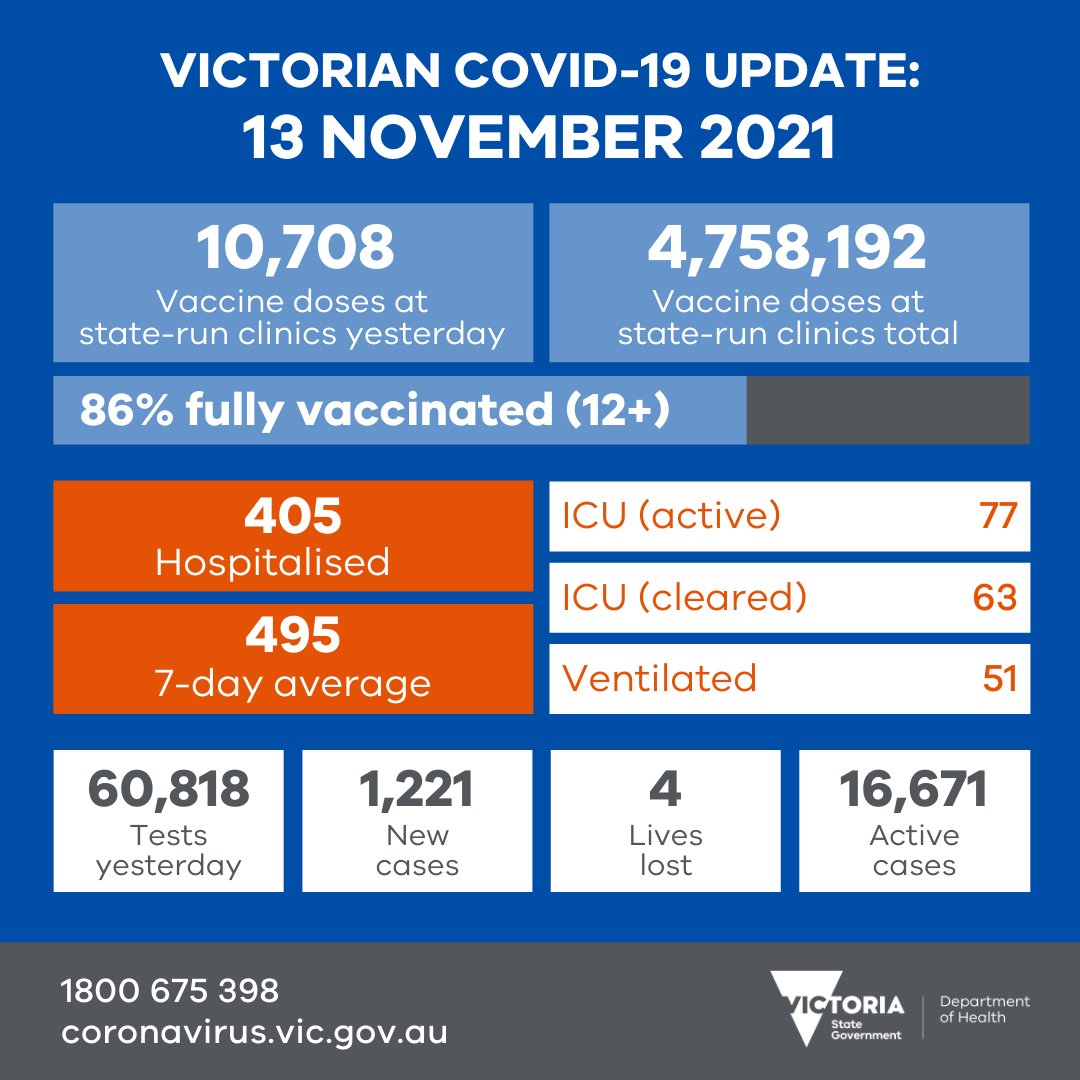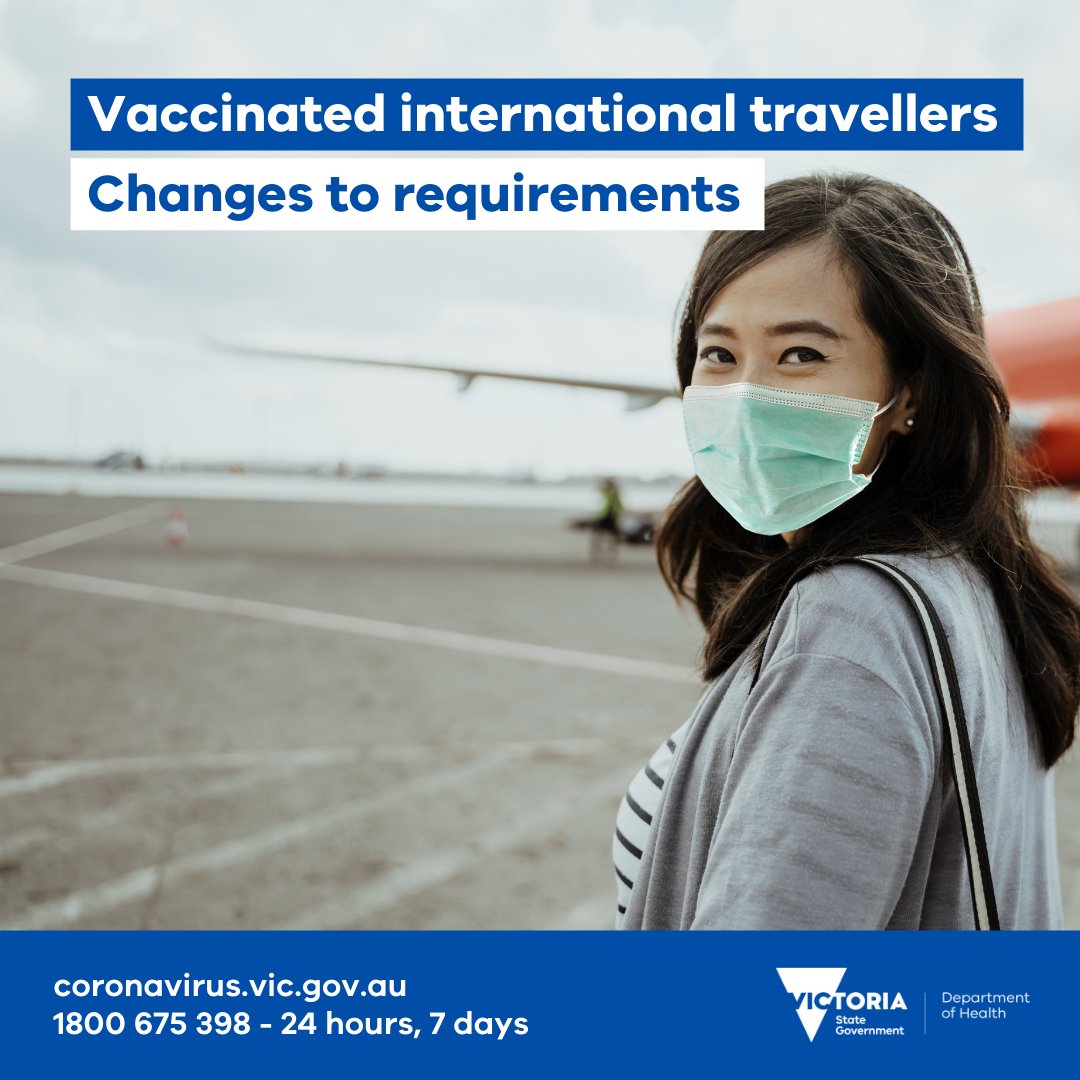
Children and young people with COVID-19 are likely to experience mild symptoms, like fever and cough, or no symptoms at all.
If your child gets COVID-19, and you can care for them at home, follow this advice:
If your child gets COVID-19, and you can care for them at home, follow this advice:

✔️ Give your child plenty of fluids to drink.
✔️ Encourage them to eat even if they don’t feel like it.
✔️ Ensure they get as much rest as much as possible.
✔️ Encourage them to eat even if they don’t feel like it.
✔️ Ensure they get as much rest as much as possible.
✔️ Use paracetamol or ibuprofen only if you think your child is in pain or appears uncomfortable with a fever. Do not give more of these medicines than is allowed in a 24-hour period (as per label directions).
✔️ Watch your child closely for any signs that their illness is getting worse.
️✔️ Seek medical attention if your child has a fever for more than 3 days and/or swollen neck glands, swollen hands or feet, red eyes or tongue, stomach pain, a skin rash or cracked lips.
️✔️ Seek medical attention if your child has a fever for more than 3 days and/or swollen neck glands, swollen hands or feet, red eyes or tongue, stomach pain, a skin rash or cracked lips.
⚠️ If your child is very sick or you feel they need urgent medical attention, call 000 for an ambulance. Call 000 if they have difficulty breathing, are drowsy or unresponsive, or have pale or blue skin.
👉 If you need phone support, contact Nurse on Call on 1300 60 60 24 for more advice about your child’s symptoms, or call the Coronavirus hotline on 1800 675 398.
ℹ Information on COVID-19 for children and young people: coronavirus.vic.gov.au/children-young…
ℹ Information on COVID-19 for children and young people: coronavirus.vic.gov.au/children-young…
ℹ More info for close contacts: coronavirus.vic.gov.au/what-do-if-you…
🔹 Find your closest testing centre, opening hours and wait times: coronavirus.vic.gov.au/where-get-test…
🔹 Find your closest testing centre, opening hours and wait times: coronavirus.vic.gov.au/where-get-test…
• • •
Missing some Tweet in this thread? You can try to
force a refresh








